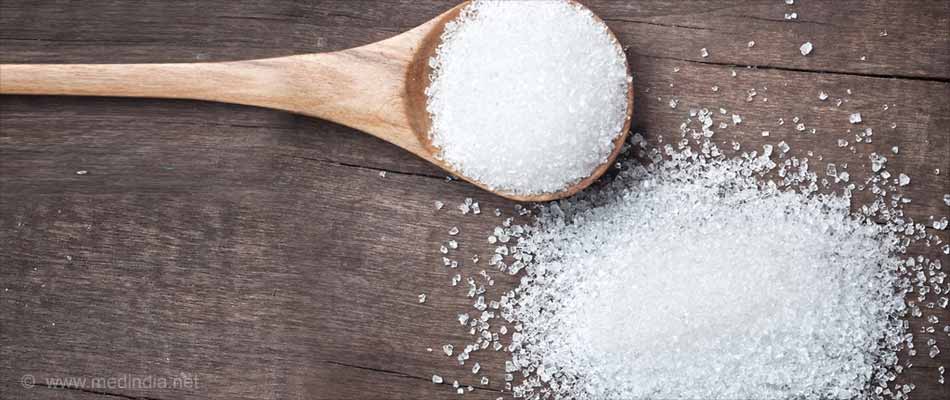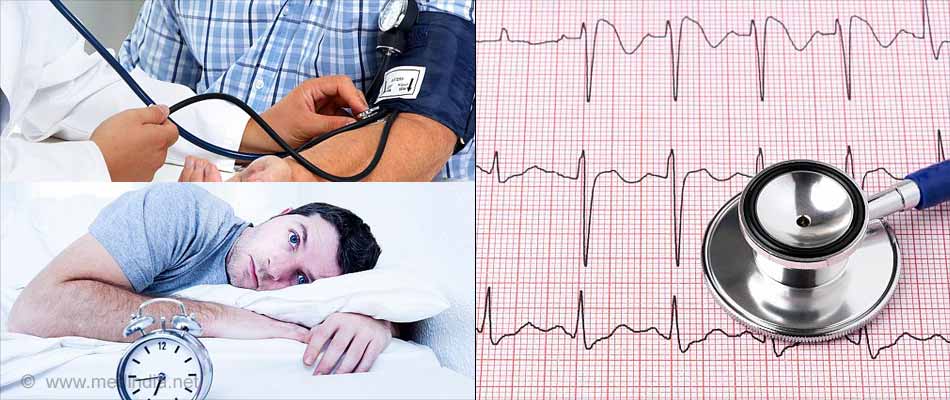- Nutrition and healthy eating - (https://www.mayoclinic.org/healthy-lifestyle/nutrition-and-healthy-eating/expert-answers/energy-drinks/faq-20058349)
About
What Are Energy Drinks Supposed to Do?
As the name implies, energy drinks are supposed to provide an extra burst of energy. Sugar and caffeine are usually the sources of energy in these drinks. Energy drinks must act as a source of electrolytes, fuel and fluid. Sufficient carbohydrate for energy, fluid and electrolyte balance are the main factors which play a role in improving performance.
Hydration is an important factor to consider before, during and after a workout. Staying hydrated must be a priority during exercise. Dehydration can retard performance and if left unattended will have serious consequences on the health of the individual.

Fuel – the energy provided will help keep fatigue at bay.
Minerals or electrolytes are lost through perspiration during physical activity. Electrolytes must be replenished as they play a role in several metabolic pathways in the body which are directly related to performance.
Ingredients Found in An Energy Drink
All energy drinks typically contain sugar, water and electrolytes. Caffeine is another ingredient commonly used in energy drinks.
Sugar
Sugar is a carbohydrate and is a major energy source. Most energy drinks contain from 25g to 31g of sugar per 8 ounces. This will provide between 100 to 120 calories.

Caffeine
Caffeine is used to increase metabolism. To do this caffeine blocks adenosine which is a chemical that is associated with sleep. When adenosine is blocked there is increased neuron firing in the brain. This is interpreted as an emergency by the pituitary gland which produces adrenaline – the fight and flight response. Adrenaline increases the heart rate, causes the pupils to dilate and triggers release of extra sugar into the bloodstream from the liver.
Aside from these, a list of ingredients is mentioned below along with their individual functions.
| Ingredient | Function |
| Taurine | Helps regulate heart beat and muscle contraction |
| Ephedrine | Stimulant that works on the nervous system |
| Ginseng | Reduces stress and boosts energy levels |
| B-vitamins | Metabolism of carbohydrate to energy |
| Carnitine | Metabolises fatty acids |
| Creatine | Helps supply energy for muscle contractions |
| Inositol | Helps relay messages within cells in the body |
| Ginkgo biloba | Thought to enhance memory |
Disadvantages and Side Effects of Energy Drinks
There is no doubt that energy drinks do provide energy but the ingredients used for this advantage have some side effects.
- Sugar in the energy drinks will lead to weight gain if the intake is not monitored.
- Too much caffeine can lead to irritability, nervousness,
- insomnia, increased blood pressure and rapid heartbeat
- For those who consume alcohol, mixing this with energy drinks is not advisable as they mask the feeling of intoxication and this can lead to heavier drinking and alcohol-related injuries

How Much is Safe?
For adults in good health, consuming energy drinks does not pose a problem but it is recommended to restrict intake to 500mL per day. Adolescents must restrict the intake of caffeine to 100mg a day and young children must refrain from consuming caffeinated beverages on a regular basis.
Individuals with high blood pressure or heart disease, pregnant and lactating women must not consume energy drinks.

There is no denying that that energy drinks give an extra edge to workout performance. It is up to every individual to weigh the pros and cons before choosing to consume energy drinks. If an individual is using energy drinks care must be taken to stick to the recommended allowances.








